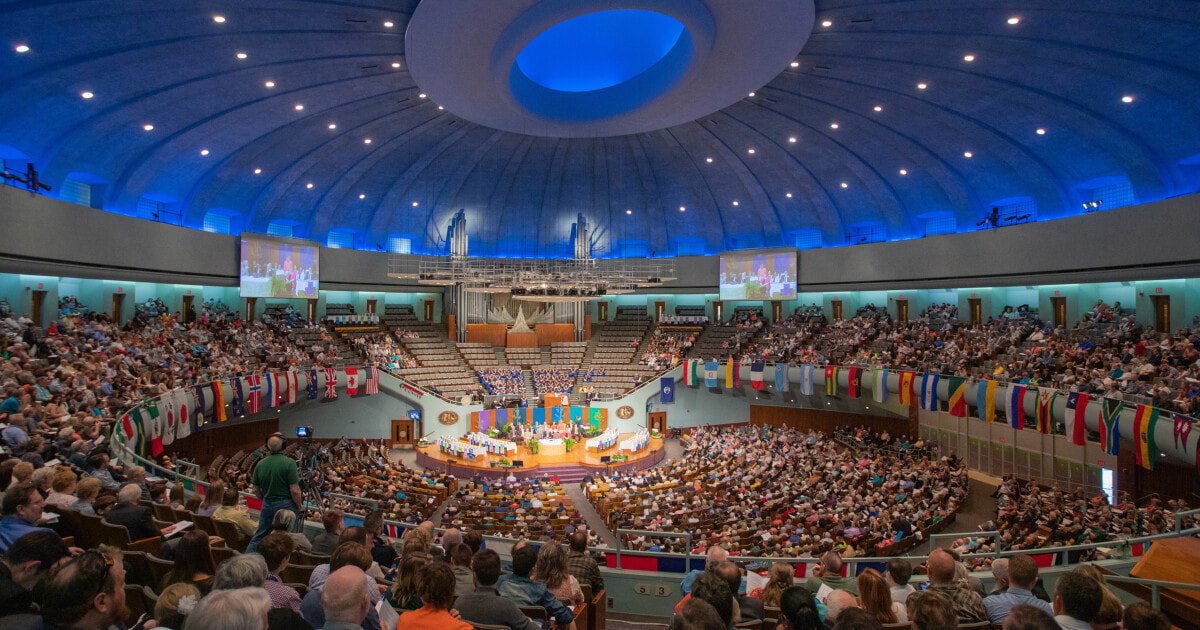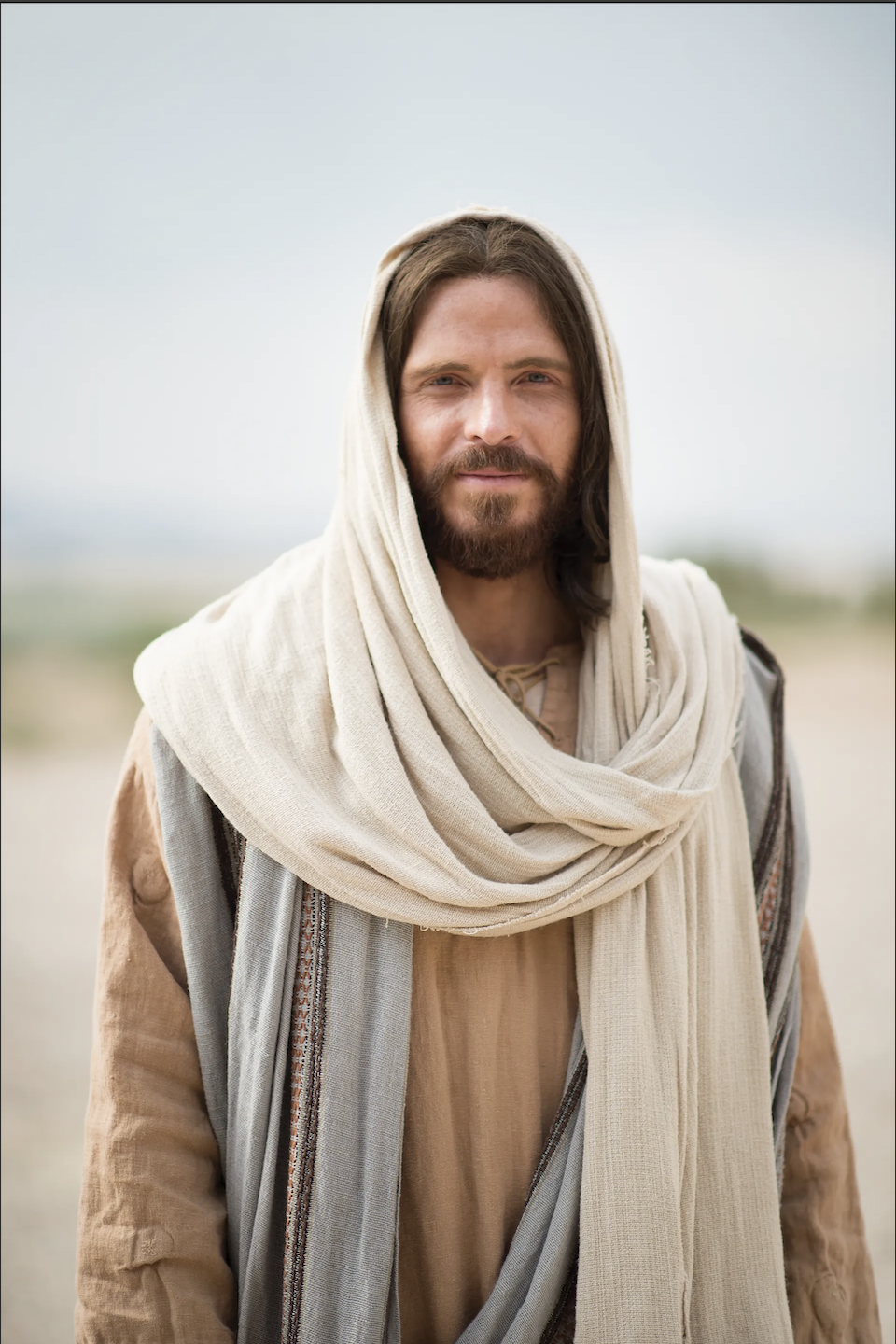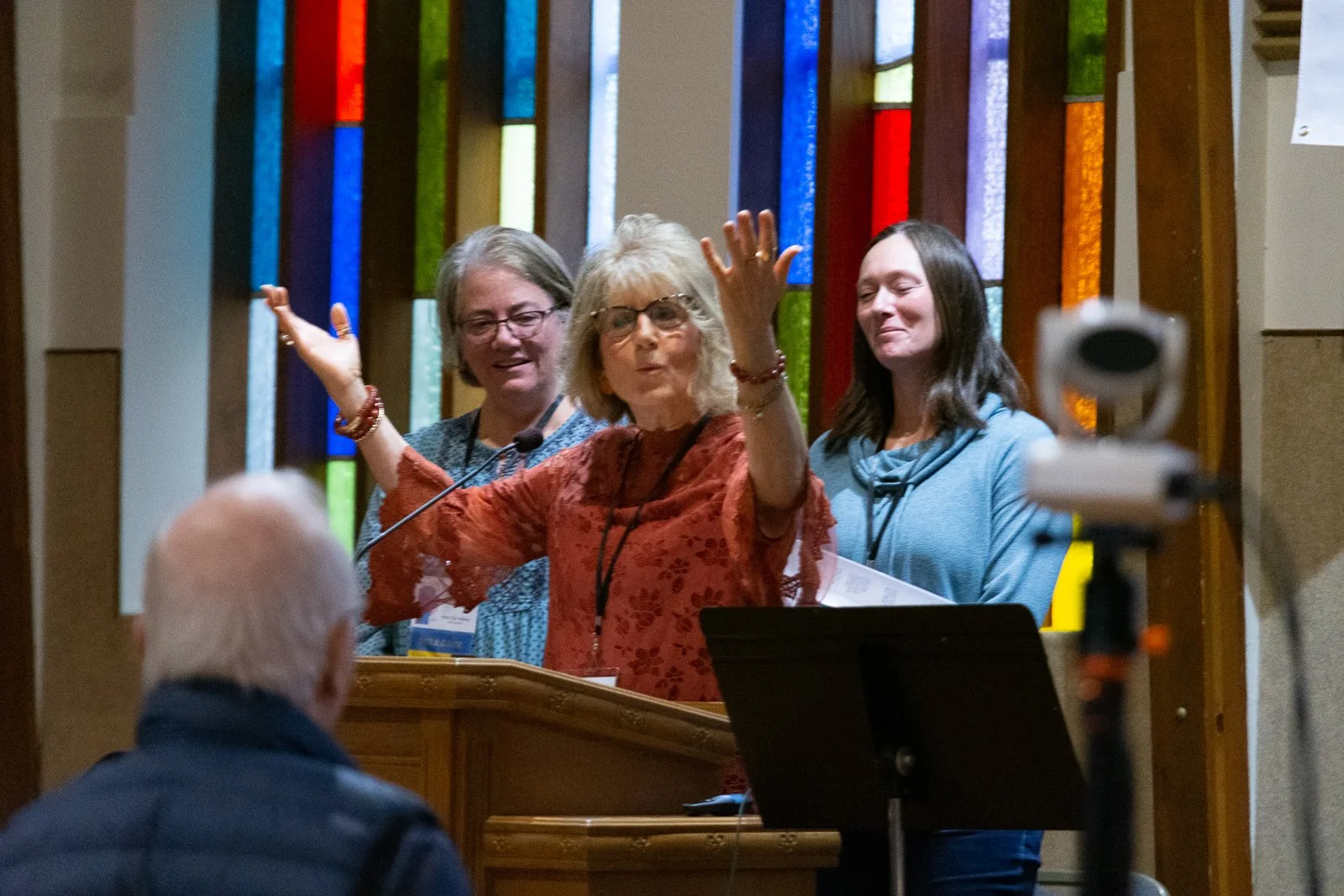Our Basic Beliefs:
-
We believe in one living God who meets us in the testimony of Israel, is revealed in Jesus Christ, and moves through all creation as the Holy Spirit. We affirm the Trinity—God who is a community of three persons. All things that exist owe their being to God: mystery beyond understanding and love beyond imagination. This God alone is worthy of our worship.
-
We believe in Jesus Christ, the Son of the living God, the Word made flesh, the Savior of the world, fully human and fully divine. Through Jesus’ life and ministry, death and resurrection, God reconciles the world and breaks down the walls that divide. Christ is our peace.
-
We believe in the Holy Spirit, Giver of Life, holy Wisdom, true God. The Spirit moves through and sustains creation; endows the church for mission; frees the world from sin, injustice, and death; and transforms disciples. Wherever we find love, joy, peace, patience, kindness, generosity, faithfulness, gentleness, or self-control, there the Holy Spirit is working.
-
As an expression of divine love, God created the heavens and the earth and all that is in them, and called them "good." Everything belongs to God and should be cherished and used justly according to divine purposes. God sees creation as a whole without separation of spirit and element. God calls people of every generation to join with God as stewards in the loving care of creation.
-
Every human being is created in the image of God. In Jesus Christ, God took on the limits of human flesh and culture, and is known through them. We therefore affirm without exception the worth of every human being. We also affirm that God has blessed humankind with the gift of agency: the ability to choose whom or what we will serve within the circumstances of our lives.
-
God created us to be agents of love and goodness. Yet we misuse our agency individually and collectively. We take the gifts of creation and of self and turn them against God’s purposes with tragic results. Sin is the universal condition of separation and alienation from God and one another. We are in need of divine grace that alone reconciles us with God and one another.
-
The gospel is the good news of salvation through Jesus Christ: forgiveness of sin, and healing from separation, brokenness, and the power of violence and death. This healing is for individuals, human societies, and all of creation. This new life is the loving gift of God’s grace that becomes ours through faith and repentance. Baptism is how we initially express our commitment to lifelong discipleship. As we yield our lives to Christ in baptism we enter Christian community (the body of Christ) and have the promise of salvation. We experience salvation through Jesus Christ, but affirm that God’s grace has no bounds, and God’s love is greater than we can know.
-
God intends Christian faith to be lived in companionship with Jesus Christ and with other disciples in service to the world. The church of Jesus Christ is made of all those who respond to Jesus’ call. Community of Christ is part of the whole body of Christ. We are called to be a prophetic people, proclaiming the peace of Jesus Christ and creating communities where all will be welcomed and brought into renewed relationship with God, and where there will be no poor.
-
We affirm the Living God is ever self-revealing. God is revealed to the world in the testimony of Israel, and above all in Jesus Christ. By the Holy Spirit we continue to hear God speaking today. The church is called to listen together for what the Spirit is saying and then faithfully respond.
-
Scripture is writing inspired by God’s Spirit and accepted by the church as the normative expression of its identity, message, and mission. We affirm the Bible as the foundational scripture for the church. In addition, Community of Christ uses the Book of Mormon and the Doctrine and Covenants—not to replace the witness of the Bible or improve on it, but because they confirm its message that Jesus Christ is the Living Word of God. When responsibly interpreted and faithfully applied, scripture provides divine guidance and inspired insight for our discipleship.

This is Church.

Scripture Statements:
Affirmation One:
We declare that Jesus Christ—who lived, was crucified, was raised from the dead, and comes again—is the Living Word of God. It is to Christ that scripture points. It is through Christ that we have life (John 5:39–40). It is Christ whom we must hear (Mark 9:7).
Affirmation Two:
We find the Living Word in and through scripture. Scripture is the indispensable witness of the saving, transforming message that God has entrusted to the church. The church formed the canon of scripture so that it might always have a way to hear the good news, nurture its faith, measure its life, test its experience, and remember its identity.
Affirmation Three:
Scripture is a library of books that speaks in many voices. These books were written in diverse times and places, and reflect the languages, cultures, and conditions under which they were written. God’s revelation through scripture does not come to us apart from the humanity of the writers, but in and through that humanity. In the earthen vessels of scripture we have been given the treasure of divine love and grace (2 Corinthians 4:7).
Affirmation Four:
Scripture’s authority is derived from the model of Christ, who came to be a servant (Mark 10:45). Therefore, the authority of scripture is not the authority to oppress, control, or dominate. If Jesus came to serve, how much more should the books that point to him be treated as a servant of the saving purposes of God.
Affirmation Five:
Scripture is vital and essential to the church, but not because it is inerrant (in the sense that every detail is historically or scientifically correct). Scripture makes no such claim for itself. Rather, generations of Christians have found scripture simply to be trustworthy in keeping them anchored in revelation, in promoting faith in Christ, and in nurturing the life of discipleship. For these purposes, scripture is unfailingly reliable (2 Timothy 3:16–17).
Affirmation Six:
Faith, experience, tradition, and scholarship each have something to contribute to our understanding of scripture. In wrestling to hear and respond to the witness of scripture, the church must value the light that each of these sources may offer.
Affirmation Seven:
As the church tries to interpret scripture responsibly, it seeks the help of the Holy Spirit. Jesus promised that the Spirit would guide his disciples into new truth (John 16:12–15). By the Spirit, the ancient words of scripture can become revelatory, allowing us to grasp what may not have been seen or heard before.
Affirmation Eight:
Disciples are called to grow in their knowledge and understanding of the scriptures so that they may ever increase in love for God, neighbor, and self (Matthew 22:37–40; Mosiah 1:49), uphold the dignity and worth of all persons (Doctrine and Covenants 16:3c–d), and faithfully follow the way of Jesus Christ.
Affirmation Nine:
With other Christians, we affirm the Bible as the foundational scripture for the church. In addition, Community of Christ uses the Book of Mormon and the Doctrine and Covenants as scripture. We do not use these sacred writings to replace the witness of the Bible or improve upon it, but because they confirm its message that Jesus Christ is the Living Word of God (Preface of the Book of Mormon; Doctrine and Covenants 76:3g). We have heard Christ speak in all three books of scripture, and bear witness that he is “alive forever and ever” (Revelation 1:18).
For our time we shall seek to live and interpret the witness of scripture by the Spirit, with the community, for the sake of mission, in the name of the Prince of Peace.









